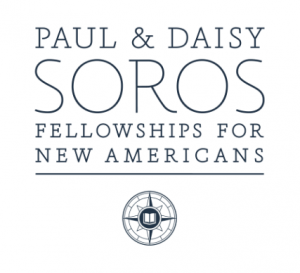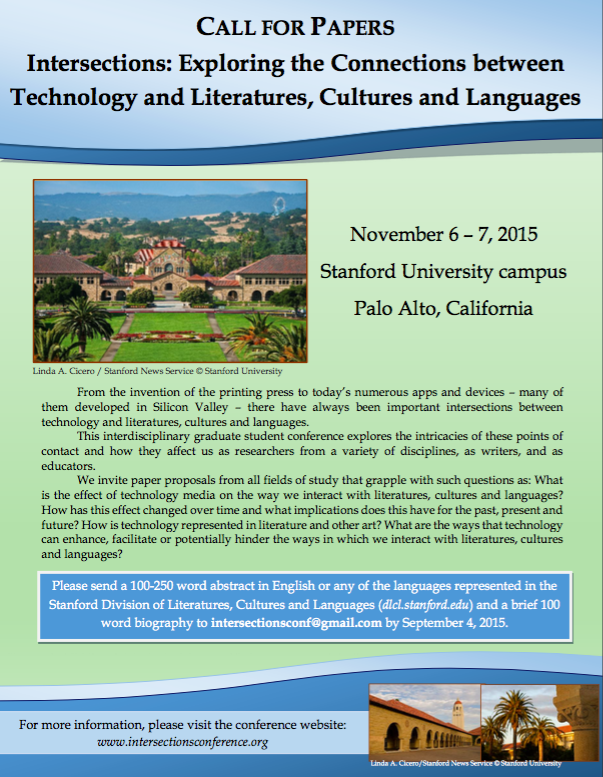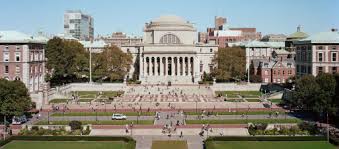Provost’s Pre-Dissertation Research Fellowship
Deadline for Applications: Monday, March 16, 12pm
The Provost’s Office is pleased to announce the following pre-dissertation fellowship competition for doctoral students in the humanities and social sciences. These summer awards provide $4,000.
This fellowship program has two objectives:
- To allow students to conduct pre-dissertation research and training following completion of the first exam.
- To support the development of a dissertation research proposal suitable for submission to an external funding agency.
This program seeks to facilitate the transition from coursework to advanced individualized research. Early research awards allow students to strengthen their proposals by:
- Refining their research topic into a well-defined research problem;
- Determining appropriate research design, methods, research locale(s), and language(s);
- Assessing project feasibility and determining necessary affiliations and approvals.
The successful applicant will address how their proposed summer research will lead to an improved proposal with regard to the above categories. Recipients will undertake such activities as (but not limited to): initial field work, preliminary data collection, travel related to research (i.e. preliminary visits to archives, special collections, museums, and/or historic sites), supplementary training in methods or techniques, or specialized language instruction. This program does not support conference attendance.
Eligibility
- Students must be level II, exceptions will be made for students in programs where a formal dissertation prospectus/proposal is not submitted for approval until after advancing to level III. Such level III students will only be eligible if they have not officially submitted a prospectus/proposal to their program.
- Applicants must conduct at least six weeks of summer research away from their home institutions.
N.B.. Students who have already received a Dissertation Fellowship from the Provost’s Office are ineligible to receive these awards.
Each application must include the following:
1) Cover Sheet (attached).
2) Research Proposal that includes the following sections:
- Describe what you currently expect will be the topic, research question(s), supportive literature, methods of investigation, approach to data analysis, and theoretical contribution of your proposed dissertation project (up to 1,200 words).
- List up to 20 research publications that have most significantly informed the formulation of your research topic, questions, theories, and methods.
- What are your plans for summer research? (up to 500 words) Please include: a justification for your choice or research site(s) and/or sources of data and information; a brief description of your anticipated approaches to investigation; a timeline; and any local professional contacts you might have made.
- Describe how you think this summer research will assist you in developing your dissertation proposal and preparing for long term dissertation research. (up to 250 words) Note: if you have previously conducted exploratory research at any of your proposed research site(s) or on a related topic, please explain how the additional research proposed will enable you to build upon your past experience.
3) Two-page curriculum vitae.
4) Current Graduate Center transcript. (Students may submit the unofficial student copy that can be printed from banner.)
5) One letter of reference to be submitted electronically by your adviser or faculty mentor (see instructions below).
Recipients of these fellowships must agree to the following conditions as part of their acceptance of the award:
1) Attend a one-hour proposal writing workshop in May 2015.
2) Write a one-page summary of their summer research work (due by 21 August 2015).
3) Provide a 7-10 minute public presentation of their work at a doctoral student research conference to be held at the Graduate Center on 25 September 2015.
4) Attend a grant writing workshop at the Graduate Center in the 2015-16 academic year designed to assist you in applying for future grants and fellowships (multiple sessions of the workshop will be held in order to accommodate potential scheduling conflicts).
5) Agree to have some version of their summer work potentially featured on a Student Research Collaborative webpage currently under construction by the Advanced Research Collaborative.
Instructions for submitting your application:
1) Combine your cover sheet, research proposal, curriculum vitae, and transcript into a SINGLE file (either as a pdf document or a word document).
Use the following format when naming your document: Last Name, First Name, Program
2) Email the file as an email attachment to fellowshipapps@gc.cuny.edu
Instructions for Faculty Recommenders
1) Prepare your reference letter as a regular word or pdf document.
Please use the following format when naming your document: Student Last Name, First Name
2) Email the file as an email attachment to fellowshipapps@gc.cuny.edu
If you have questions, please contact Rachel Sponzo at rsponzo@gc.cuny.edu, or 212-817-7282.






